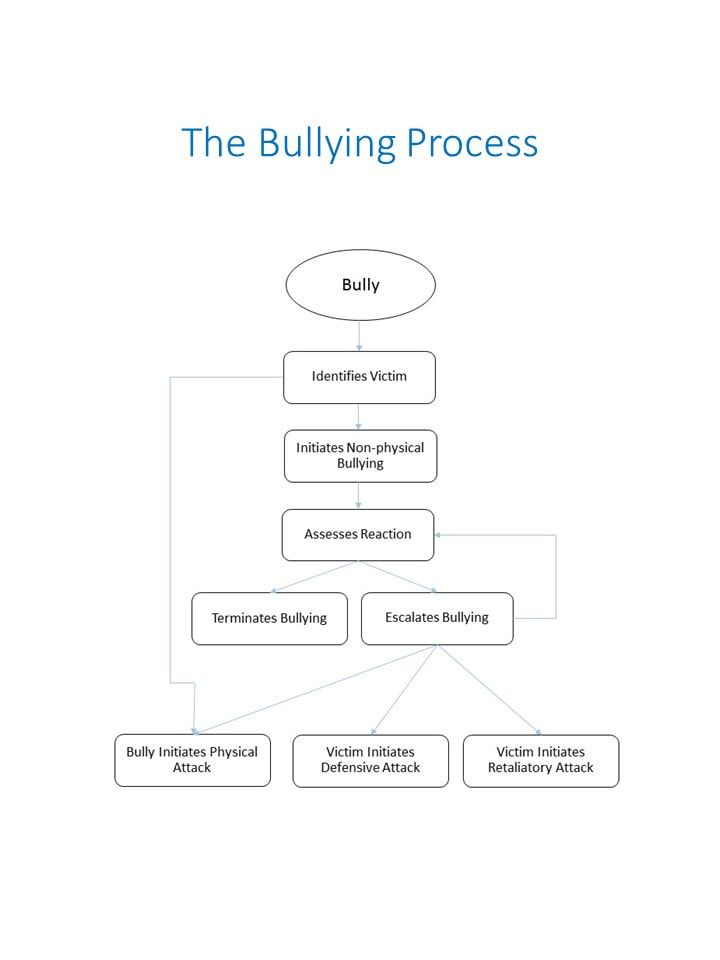- Home
- About
- Seminars & Webinars
-
Published Research
- Workplace Manager Survey 2021
- High School Student Survey 2021
- High School Teacher Survey 2021
- Broad Solutions To Smartphone Addiction
- Teen Smartphone Addiction National Survey
- Smartphones, Social Media, & Overnight Camp
- Digital Distraction and Workplace Safety
- Digital Distraction in The Workplace
- Digital Distraction At Work Brief Survey
- Press Coverage
- Contact
- Home
- About
- Seminars & Webinars
-
Published Research
- Workplace Manager Survey 2021
- High School Student Survey 2021
- High School Teacher Survey 2021
- Broad Solutions To Smartphone Addiction
- Teen Smartphone Addiction National Survey
- Smartphones, Social Media, & Overnight Camp
- Digital Distraction and Workplace Safety
- Digital Distraction in The Workplace
- Digital Distraction At Work Brief Survey
- Press Coverage
- Contact




 RSS Feed
RSS Feed